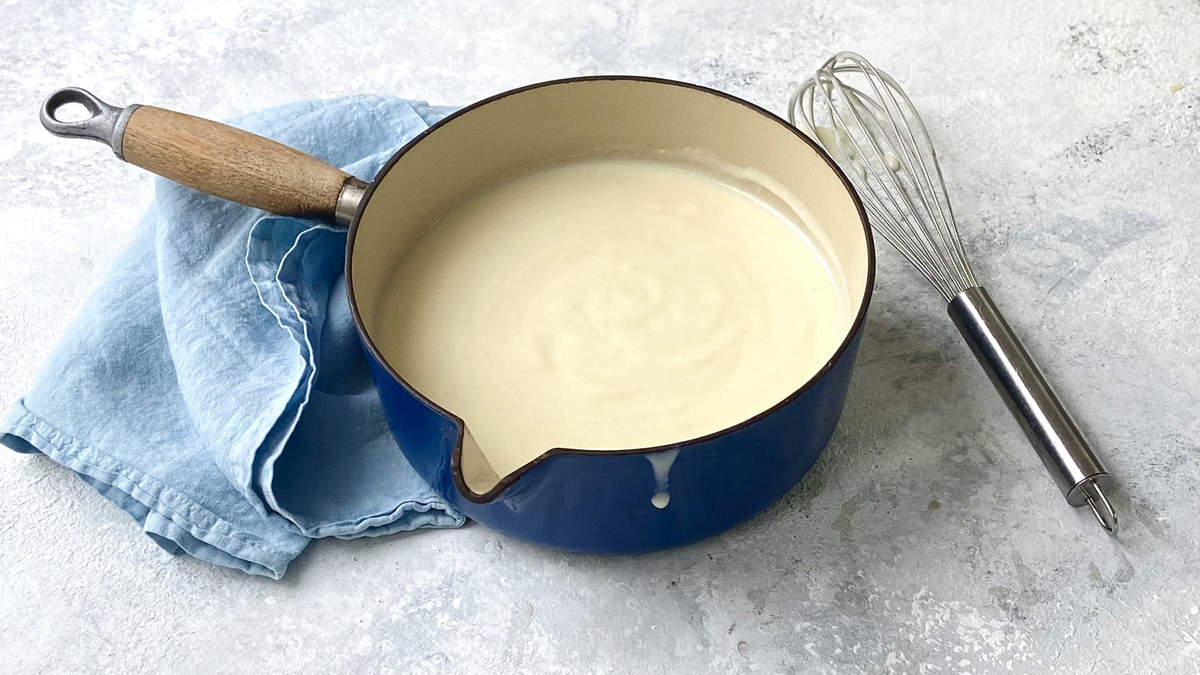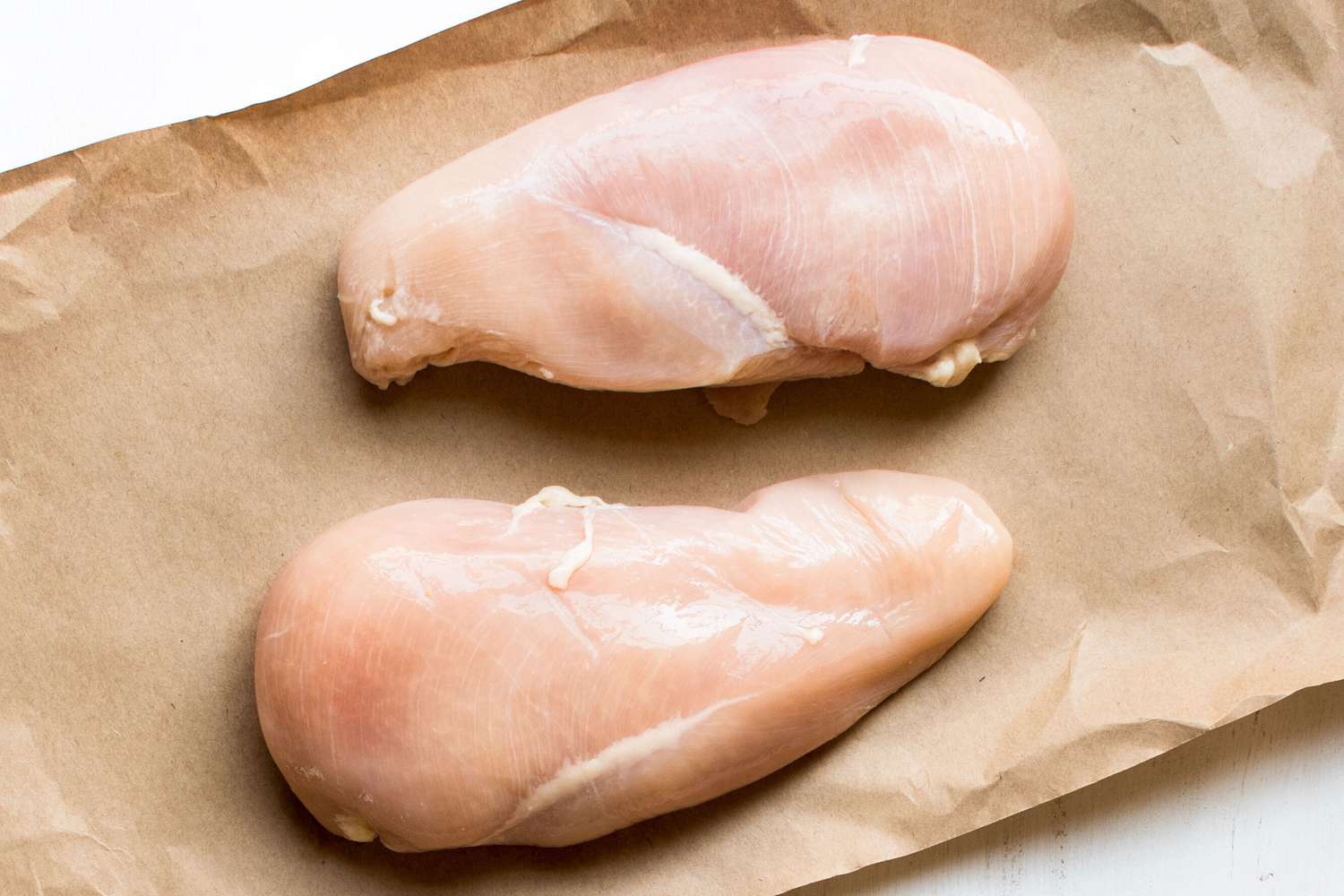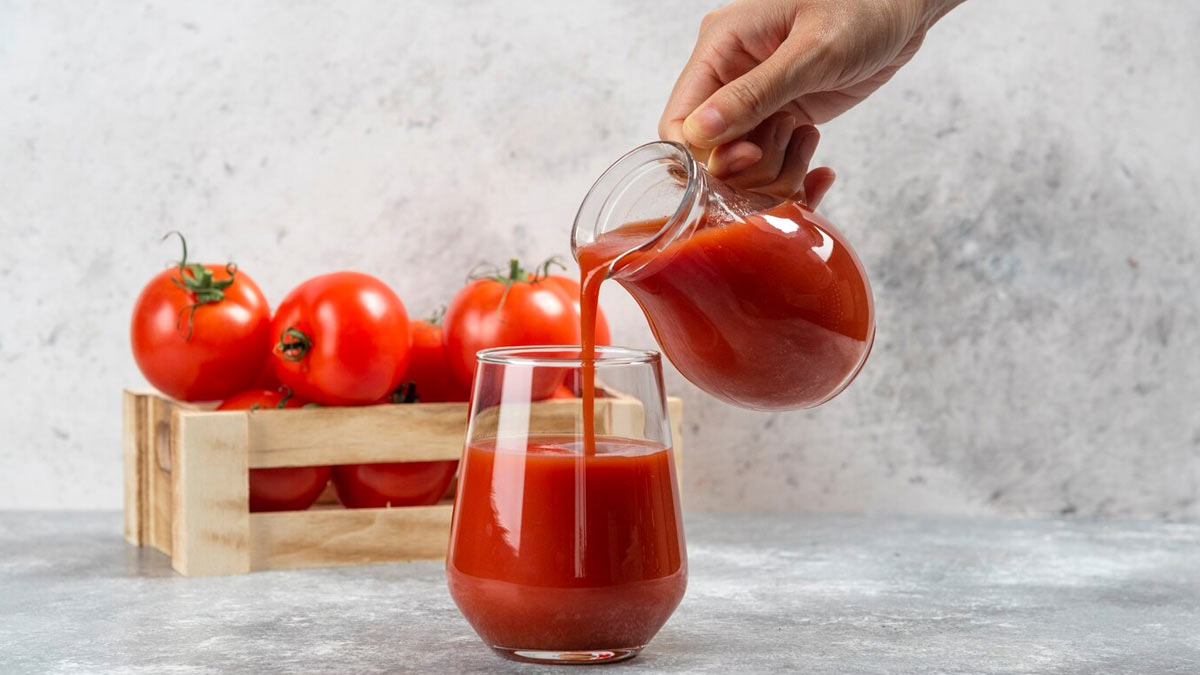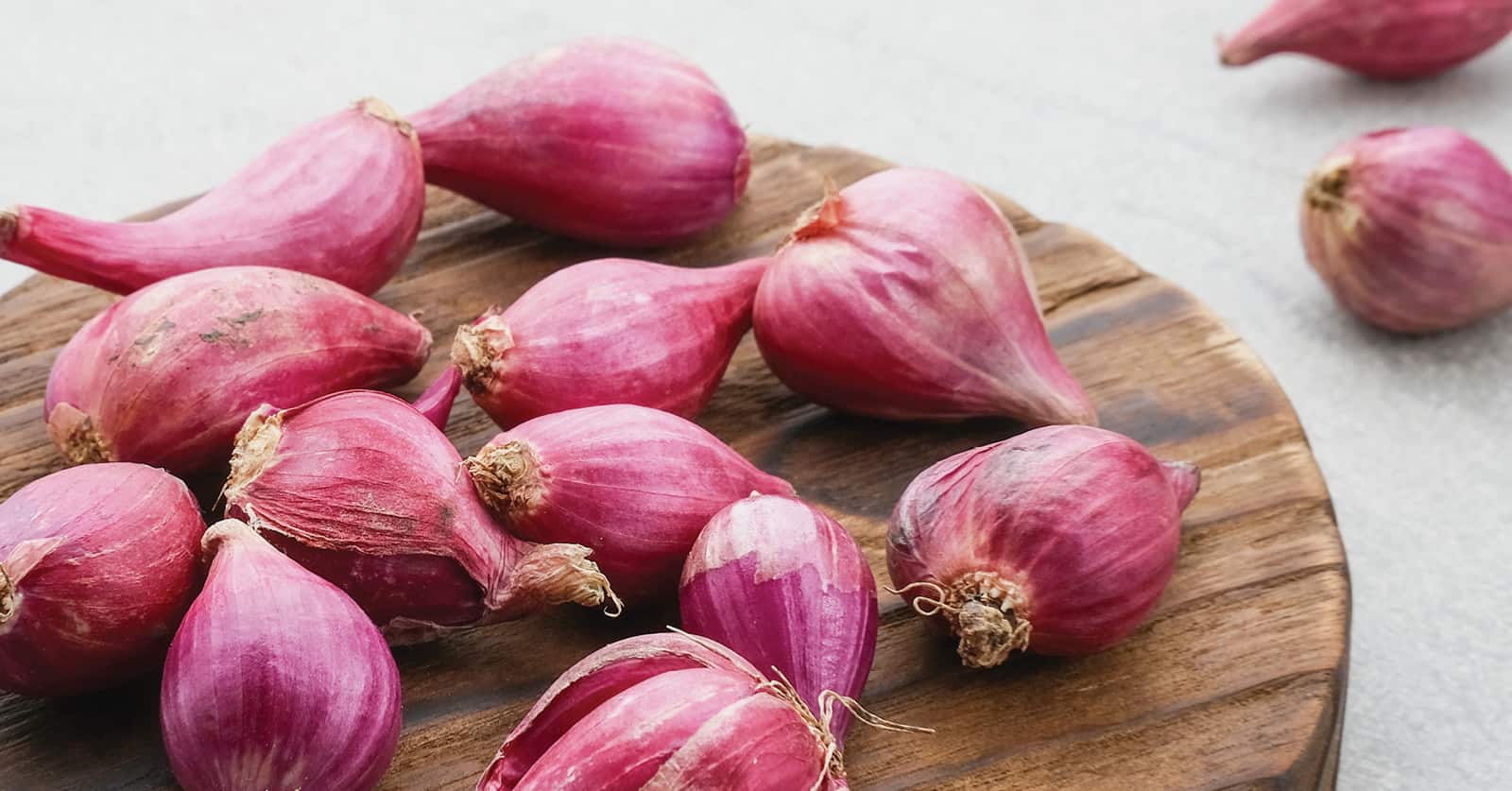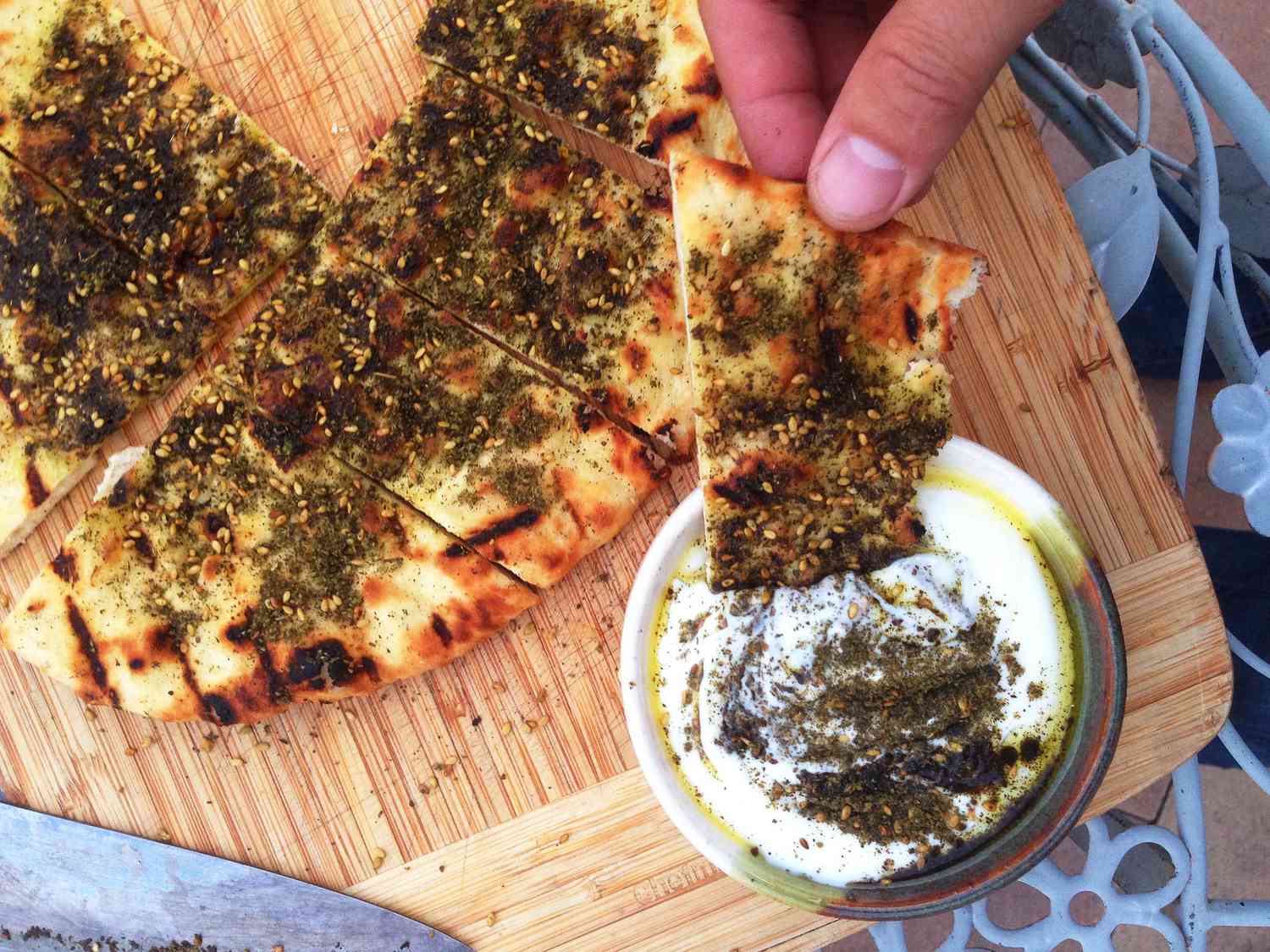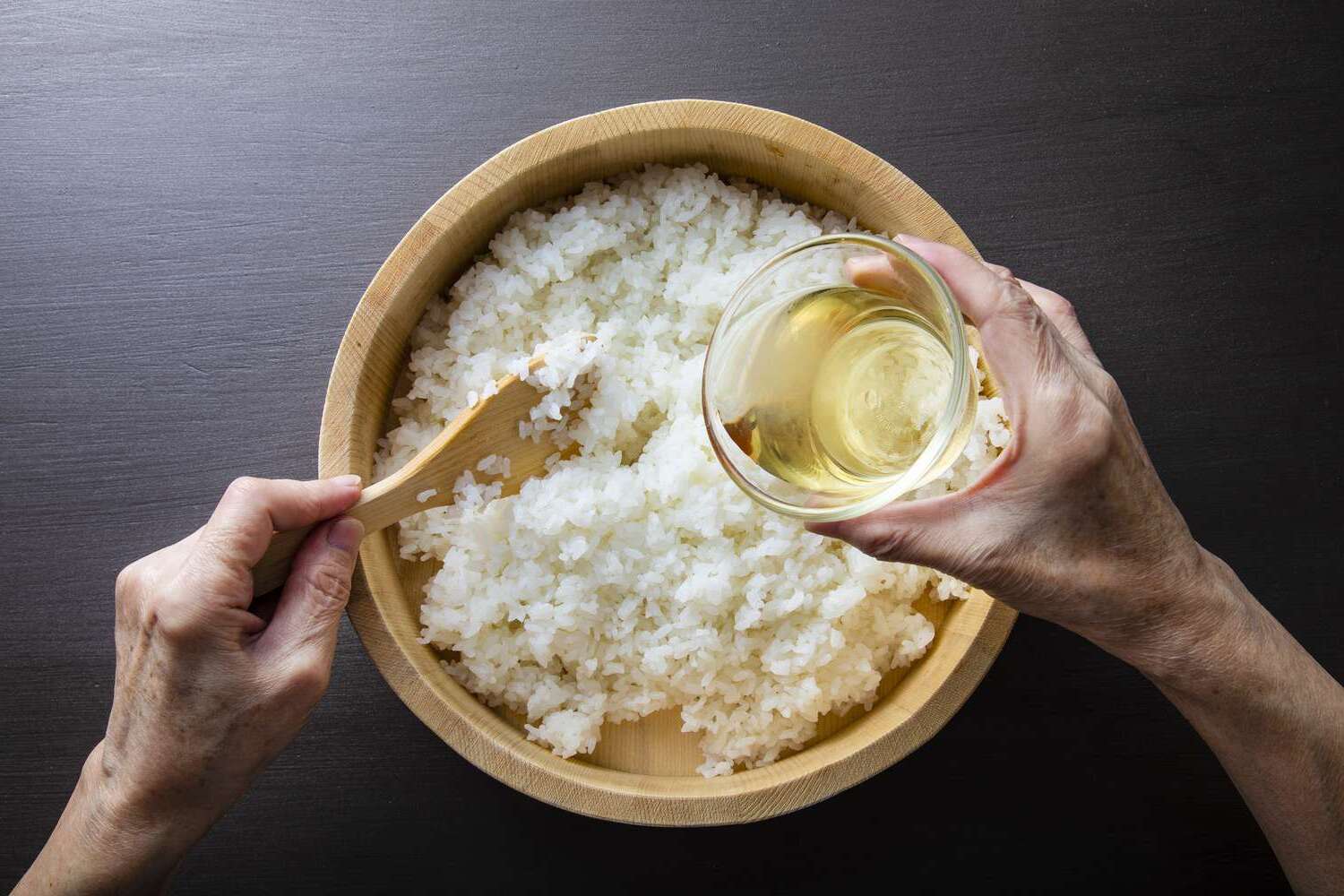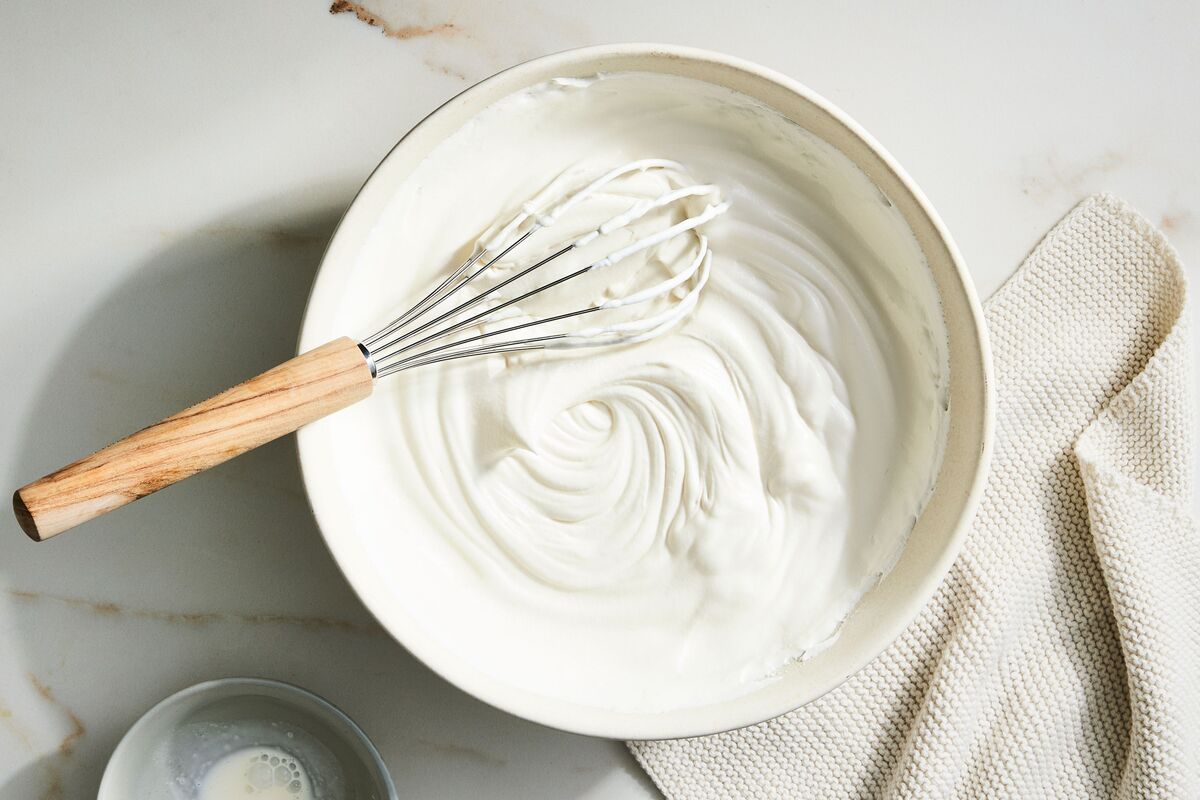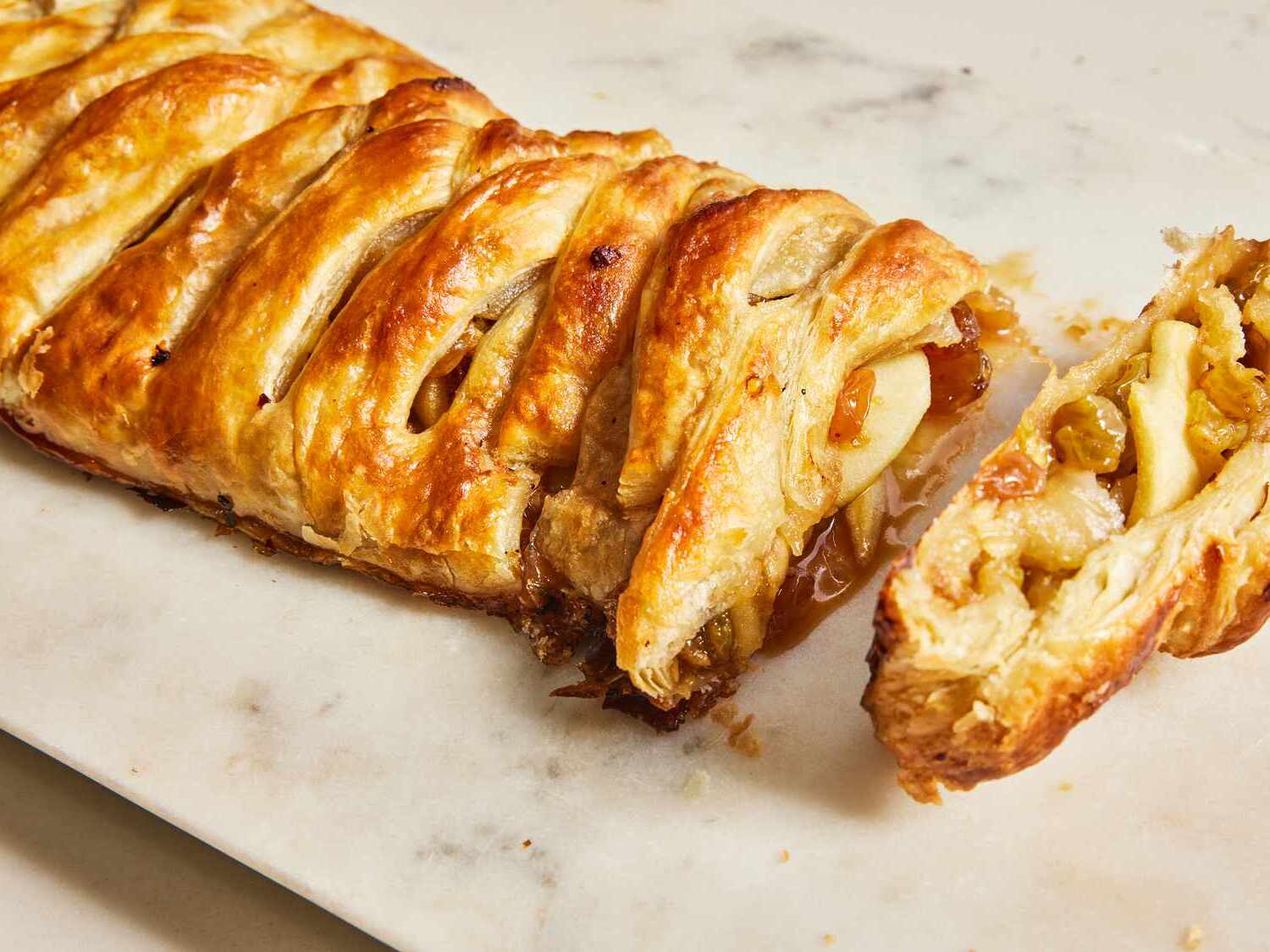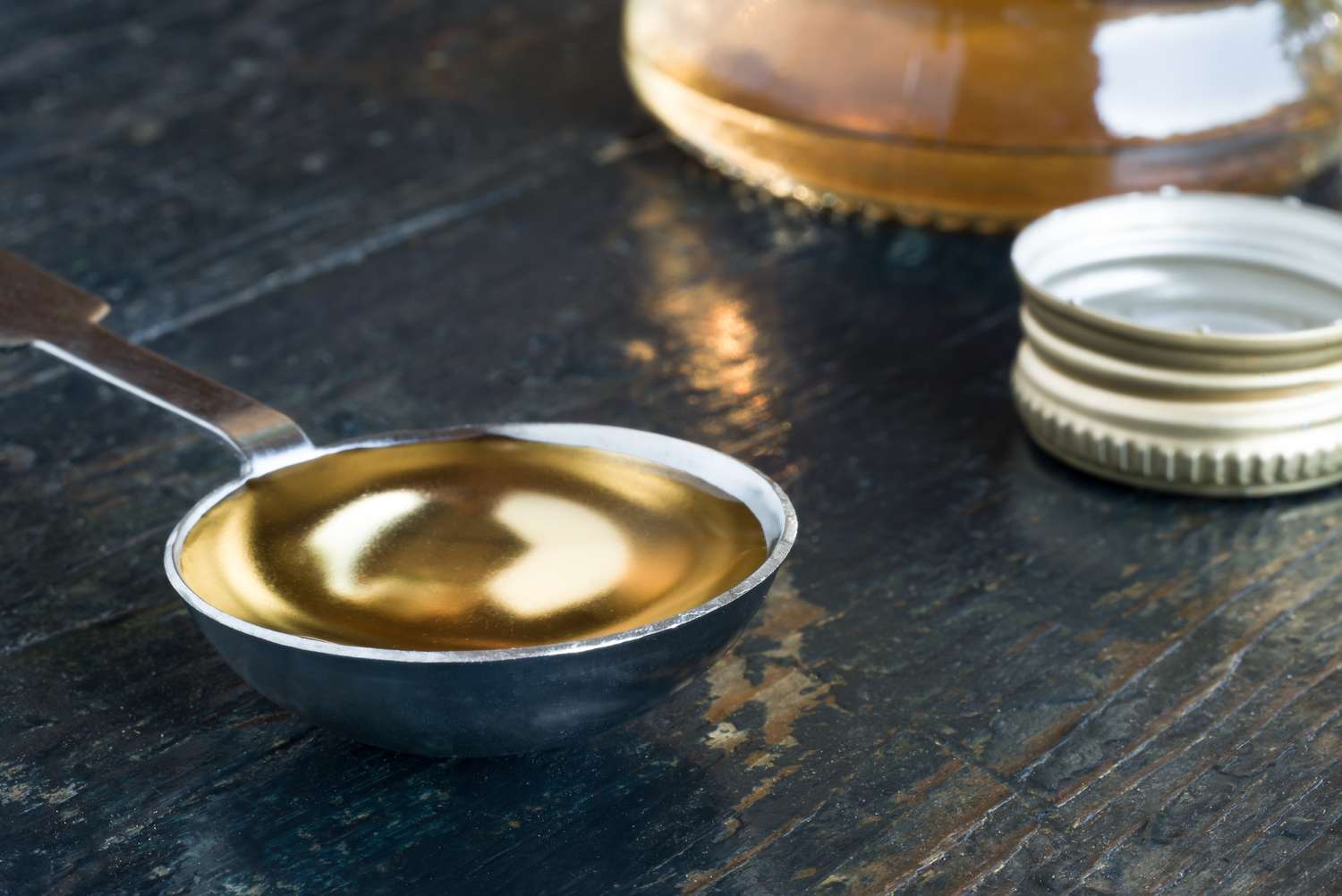Understanding Soft Flour: A Versatile Ingredient for Delicious Baked Goods
When it comes to baking, the type of flour you use can significantly impact the texture and flavor of your creations. One type of flour that is commonly used in baking is soft flour. But what exactly is soft flour, and how does it differ from other types of flour? In this article, we'll explore the characteristics of soft flour and its uses in the kitchen.
What is Soft Flour?
Soft flour, also known as cake flour, is a finely milled flour that is made from soft wheat varieties. Unlike all-purpose flour, which is made from a blend of hard and soft wheat, soft flour is made exclusively from soft wheat, which has a lower protein content. This lower protein content gives soft flour its fine texture and makes it ideal for creating tender, delicate baked goods.
Characteristics of Soft Flour
Soft flour has several key characteristics that set it apart from other types of flour:
-
Low Protein Content: Soft flour typically has a protein content of around 7-9%, compared to all-purpose flour, which has a protein content of around 10-12%. This lower protein content results in a finer, more delicate crumb in baked goods.
-
Fine Texture: Soft flour is finely milled, giving it a soft, silky texture that is perfect for creating light and airy cakes, pastries, and cookies.
-
Chlorine Treatment: Some soft flours are treated with chlorine to further break down the protein and starch in the flour, resulting in even softer, more tender baked goods.
Uses of Soft Flour
Soft flour is a versatile ingredient that can be used in a wide range of baked goods. Some common uses for soft flour include:
-
Cakes: Soft flour is often used to make cakes due to its fine texture and ability to produce a tender crumb. It is particularly well-suited for light and fluffy sponge cakes and delicate layer cakes.
-
Pastries: Soft flour is also ideal for making pastries such as scones, biscuits, and pie crusts. Its fine texture helps create a tender, flaky pastry that melts in your mouth.
-
Cookies: When a delicate, melt-in-your-mouth texture is desired, soft flour is the perfect choice for cookies. It helps produce cookies that are soft, tender, and delicate.
Substituting Soft Flour
If a recipe calls for soft flour and you don't have any on hand, you can make a substitute using all-purpose flour and cornstarch. For every cup of all-purpose flour, remove two tablespoons of the flour and replace it with two tablespoons of cornstarch. This will mimic the lower protein content and finer texture of soft flour.
In Conclusion
Soft flour is a valuable ingredient in the world of baking, prized for its ability to produce tender, delicate baked goods. Whether you're making a light and airy cake, a flaky pastry, or a soft, tender cookie, soft flour can help you achieve the perfect texture and flavor. Understanding the characteristics and uses of soft flour can elevate your baking game and open up a world of delicious possibilities in the kitchen.
Was this page helpful?
Read Next: What Is Wheat Protein?
